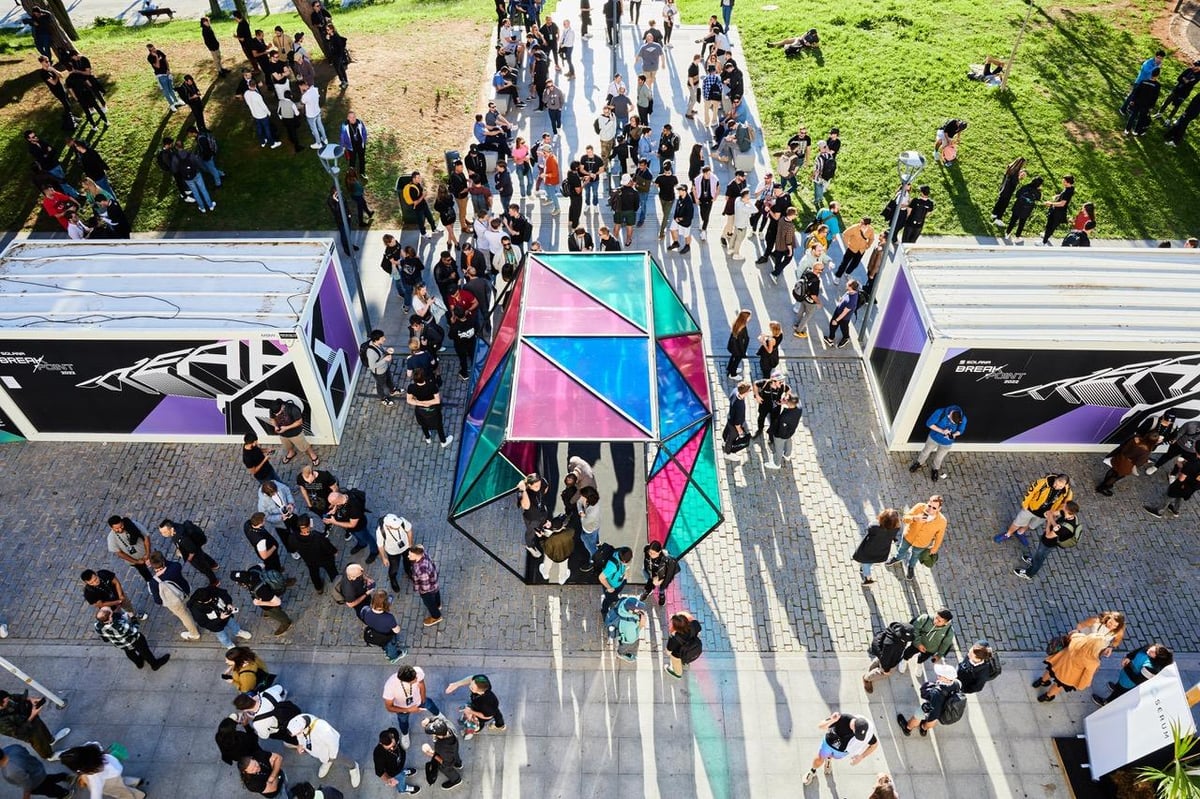Microsoft, airbnb, WhatsApp, Apple, and Uber would be just a handful of present-day tech giants who launched during deflated markets and times of financial crisis.
The Scottish philosopher William MacAskill has a narrative around what he describes as plasticity, that there are moments in time when change is much easier. MacAskill uses an analogy of history being like molten glass, so when glass is hot it can be folded into different shapes. But when the glass is harder, it’s much more difficult to change things.
In the tech sector, with widespread job losses and hiring freezes, over and above the current woes in cryptocurrency, we are definitely in a time of change.
A somewhat more renowned philosopher, Plato, wrote in his Socratic masterpiece Republic that “our need will be the real creator”, a saying that has morphed into a more commonly used proverb, “necessity is the mother of invention”.
What is certain is that MacAskill’s analogical glassblowing will continue in the technology sector, in software and hardware, and across both the Web 2.0 and web3 manifestations of the internet.
In BetDEX’s address to conference, co-founders Nigel Eccles and Varun Sudhakar explained their plan to disrupt sports betting, a sector valued globally at around 2 trillion dollars, with a web3 offering positioned to address the constraints of Web 2.0 equivalents – namely, a fragmented market, high fees, locked up funds, counterparty risk, and an aversion to winning bettors.
Being in situ at Breakpoint, it would not be an understatement to say that BetDEX was one of the best received storylines at the four-day event over a balmy few days in Lisbon. And no real surprise from the guys who built the astronomical sports betting company FanDuel from a base in Scotland.
Tech conferences play an important role in technology ecosystems, a point highlighted in Mark Logan’s 2020 STER report. While our domestic tech conferences – Turing Fest, EIE, ScotSoft, DataFest, or DIGITExpo, which took place this week at the EICC, to name a few – are important fixtures on Scotland’s tech scene, the trip to Lisbon reminded me how important it can be to jump on a plane to get your finger on the pulse of other international ecosystems, and build meaningful connections.
Today, Startup Grind Scotland jets out to Helsinki with a cohort of startup founders and ecosystem stakeholders like CodeBase to attend Slush, a major fixture on the international tech conference calendar, along with site visits to Nokia, Startup Sauna, and Aalto University.
The Startup Grind team has promised me a wrap piece on the Finland swing, so look forward to reading a postcard from Helsinki in this column in the weeks ahead.
Overall, I guess the hope is that we can take the learnings and connections made at conferences like Slush in Helsinki, and Breakpoint in Lisbon back to Scotland to help power our own tech ecosystem forward.
Nick Freer is the founding director of corporate communications agency the Freer Consultancy
Read More: news.google.com









 Bitcoin
Bitcoin  Ethereum
Ethereum  Tether
Tether  XRP
XRP  Solana
Solana  Dogecoin
Dogecoin  USDC
USDC  Cardano
Cardano  Lido Staked Ether
Lido Staked Ether  TRON
TRON  Avalanche
Avalanche  Sui
Sui  Wrapped stETH
Wrapped stETH  Toncoin
Toncoin  Chainlink
Chainlink  Shiba Inu
Shiba Inu  Wrapped Bitcoin
Wrapped Bitcoin  Stellar
Stellar  Hedera
Hedera  Polkadot
Polkadot  WETH
WETH  LEO Token
LEO Token  Bitcoin Cash
Bitcoin Cash  Uniswap
Uniswap  Litecoin
Litecoin  Pepe
Pepe  Hyperliquid
Hyperliquid  Wrapped eETH
Wrapped eETH  NEAR Protocol
NEAR Protocol  Ethena USDe
Ethena USDe  USDS
USDS  Internet Computer
Internet Computer  Aptos
Aptos  Aave
Aave  Mantle
Mantle  POL (ex-MATIC)
POL (ex-MATIC)  Cronos
Cronos  Ethereum Classic
Ethereum Classic  Render
Render  MANTRA
MANTRA  Monero
Monero  Bittensor
Bittensor  Artificial Superintelligence Alliance
Artificial Superintelligence Alliance  Tokenize Xchange
Tokenize Xchange  Dai
Dai  Virtuals Protocol
Virtuals Protocol  Arbitrum
Arbitrum